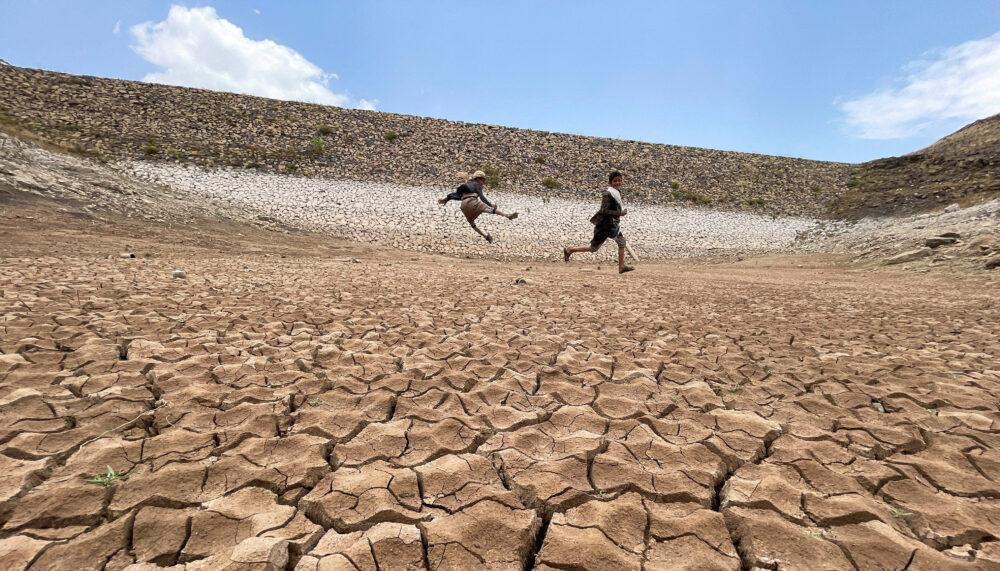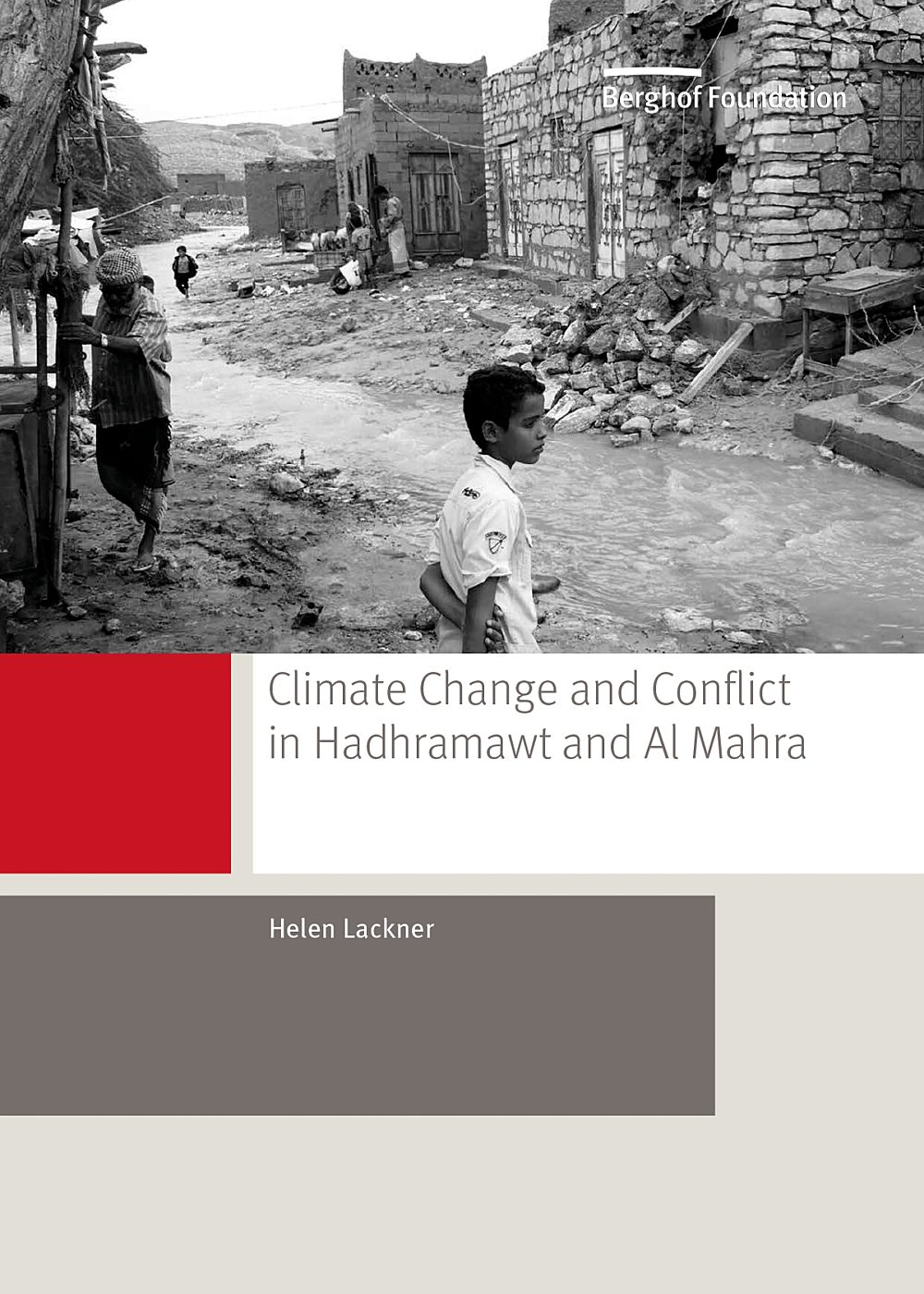BLOG POST | 5 Dec 2023
How local authorities in Yemen respond to the effects of the climate crisis

Local authorities gathered at a conference in Mukalla, Yemen in order to develop responses to environmental degradation.
By Hasan Shujaa
Political conflicts and the ongoing war in Yemen have hampered the country in the past decade in its efforts to respond to the impacts of climate change. At the same time, senior local officials report that climate change-related conflicts have increased in local communities due to environmental challenges. Most of these conflicts are about the distribution of groundwater resources, but they also include waste management issues in major cities, and oil leaks to agricultural lands and marine sites. In some parts of Yemen, agricultural lands have also been converted to residential or industrial ones due to drought. The structural change in the spate route and diversion of seasonal rains has led to soil erosion and property damage, including houses and farms being damaged by heavy floods.
In light of the war and internal conflicts, the performance of government offices in various governorates has deteriorated. They also significantly hampered the development of an adequate response to urgent climatic and environmental needs. Due to a significant decline in domestic revenues as well as insufficient international support, funds have been missing to address the effects of climate change. This exacerbates challenges of local authorities and central governments in responding to urgent local and national needs.

A previous study conducted by the Berghof Foundation highlighted that the southeastern regions of Yemen in particular are the most affected by climate change. To shed light on the crucial role played by local authorities in responding to climate change and natural and environmental disasters, a one-day conference took place in Mukalla and focused on the southern governorates of Hadramawt, Mahra and Shabwa. Representatives of the Environmental Protection Authorities in the three governorates, in addition to representatives from agriculture and water resources offices, as well as local and international organisations attended the meeting. This event was part of the joint efforts of the Political Development Forum (PDF) and the Berghof Foundation to support local governance actors and enhance stability in Yemen, funded by the German Federal Foreign Office. The aim of this conference was to raise the level of coordination between government agencies and international and local agencies working on issues related to climate change and environmental degradation in order to enhance their joint responses to urgent environmental issues and natural disasters.
Participants highlighted that government agencies and offices that tackle environmental issues suffer from a lack of budget allocated for the purchase of equipment necessary for their work, in addition to the operational cost for field visits, inspection, data collection, or monitoring and evaluation activities. These bodies have always faced this problem but it was further exacerbated by the decline in the central revenues of the Yemeni government. The attacks on oil export facilities in October 2022 deprived the government of most of its foreign currency revenues, which equal about half of its total revenues.
There is also an acute shortage of specialists and technical and administrative human cadres since extensive capacity building is required in order for government agencies to be well-equipped to tackle environmental issues. Additionally, environmental agencies do not seem attractive to younger job seekers, and the Yemeni government has suspended recruiting new employees since 2014.
In addition, the absence of a national strategy to respond to climate change poses a major challenge in ensuring good coordination between the various bodies and stakeholders. Only a few coordination meetings are currently being held due to the lack of financial resources. A legal framework is thus needed to guarantee the coordination work between the different governorates.
Unfortunately, the international community is not paying enough attention to issues related to climate change and environmental degradation in Yemen. But they cannot afford to completely neglect the topic. If local authorities are weak and communities are not resilient, humanitarian needs would be massively exacerbated when natural disasters hit. Furthermore, local bodies lack the skills to provide solid proposals based on current local needs to international organisations in order to receive funding that would help them deal with pressing environmental issues.
Based on the discussions and challenges identified during the conference, participants developed a number of recommendations on how to tackle these issues: There is an urgent need to develop and implement a capacity-building plan for the staff of Environmental Protection Authorities and related structures in order to provide them with the skills that are needed to respond to climate change and environmental degradation. Coordination with relevant authorities and stakeholders should also be taken into consideration.
The participants also stressed the importance of establishing a coordination mechanism within the Environmental Protection Authority in the different governorates. A coordination structure is needed to ensure proper exchange between the different stakeholders so they can develop joint strategies to respond to environmental and climate issues. Operational budgets should also be provided for bodies working in the field of climate change and environmental degradation. With this call to action, concerned stakeholders aim to mobilise greater efforts to help local authorities respond effectively to the effects of climate change.
The Berghof Foundation and the Political Development Forum remain committed to strengthening local governance and increasing coordination between the national and governorate levels.
Hasan Shujaa manages the project “Strengthening inclusive local governance and peacebuilding” at the Political Development Forum in Yemen.
Media contact
You can reach the press team at:
+49 (0) 177 7052758
email hidden; JavaScript is required


